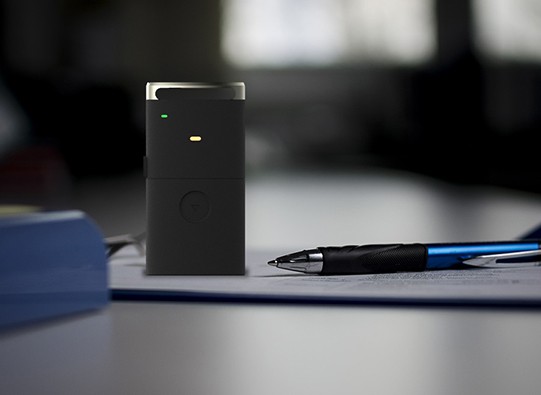
5 Ways Password Risks Can Turn Against You
Password Risks
In the grand chessboard of cybersecurity, passwords are often the pawn — humble, underestimated, yet crucial. But password risks are high. A single misstep can lead to a checkmate by adversaries, causing significant damage to your company. Here are the five most likely ways your passwords can be exposed and used against you.
1. The Old-Fashioned Espionage: Shoulder Surfing
Believe it or not, sometimes the most significant security threats exist beyond the digital realm. A classic example is shoulder surfing, where someone physically spies on you while you enter your password. Despite sounding old-school, this method can lead to disastrous results, especially in crowded office environments.
According to a survey by the Ponemon Institute, about 64% of respondents have seen someone else’s password while at work, indicating how prevalent this risk can be. Shoulder surfing is difficult to combat unless companies implement stringent physical security measures or move toward a password-free authentication method.
2. The Digital Spy: Keylogging
Keylogging involves using software or hardware to record keystrokes, thereby capturing passwords and other sensitive information. Cybercriminals often use malware to install keyloggers on victims’ devices.
The Verizon 2021 Data Breach Investigations Report notes that keyloggers were used in 10% of malware-related data breaches. This highlights the continued relevance and danger of this threat.
3. The Classic Blunder: Writing Passwords Down
As password complexity requirements increase, so does the tendency to write them down. Unfortunately, physical copies of passwords are easy to lose, steal, or spy on.
A survey by CyberArk reported that nearly half (42%) of respondents admitted to storing passwords on sticky notes. This common practice significantly increases the risk of passwords falling into the wrong hands.
4. The Invisible Threat: Phishing
Phishing attacks trick users into revealing their passwords by posing as trustworthy entities. Cybercriminals typically use emails or fraudulent websites to lure victims into providing sensitive information.
According to the 2020 Phishing and Fraud Report by F5 Labs, phishing attempts have seen a dramatic increase, contributing to 48% of all cyber-attacks, making it a significant threat to password security.
5. The Inside Job: Employee Misconduct
Finally, never underestimate the threat from within. Whether due to negligence or malicious intent, employees can expose passwords, creating significant vulnerabilities.
A study by Egress revealed that 97% of IT leaders believe insider breach risk is a significant concern. These breaches can result from shared or easily guessed passwords and demonstrate the need for robust password management policies.
Password Risks
Passwords, while crucial, are often the weakest link in a company’s cybersecurity chain. The examples above highlight the urgent need to reconsider traditional password policies and adopt advanced password management and authentication solutions. By mitigating these risks, companies can secure their digital assets and build a robust defense against cyber threats.
In the face of these challenges, consider using a robust password manager like GateKeeper Enterprise. Its advanced features address these threats head-on, providing automated password management, eliminating the need for manual password entry (reducing shoulder surfing and keylogging risks), and discouraging writing passwords down. It also offers two-factor authentication, which adds an extra layer of security against phishing attacks and insider threats.
Remember, in the game of cybersecurity, a proactive defense is the best offense. Therefore, secure your pawn, secure your game.
See GateKeeper Enterprise advanced MFA in action.
Take a self-guided tour of how you can evolve from passwords. Then you're really saving time with automation.




